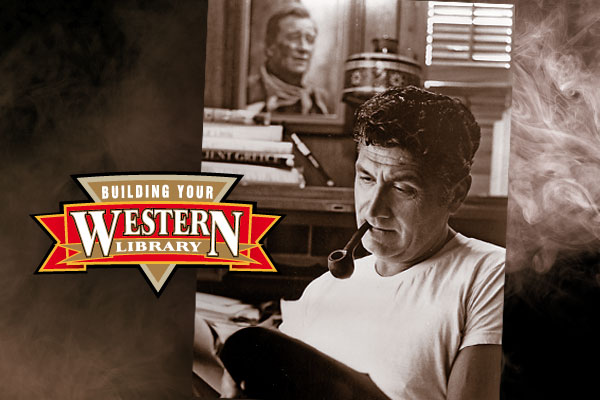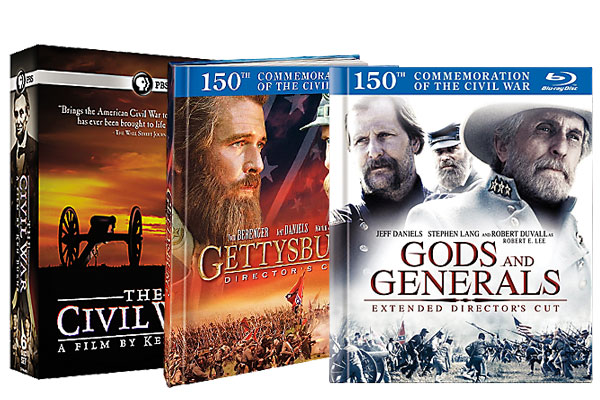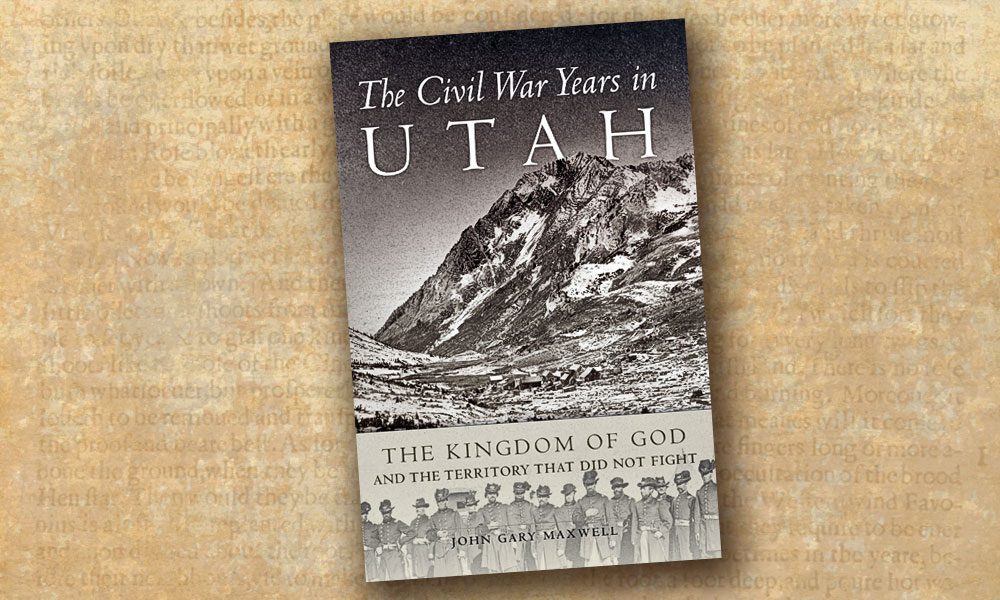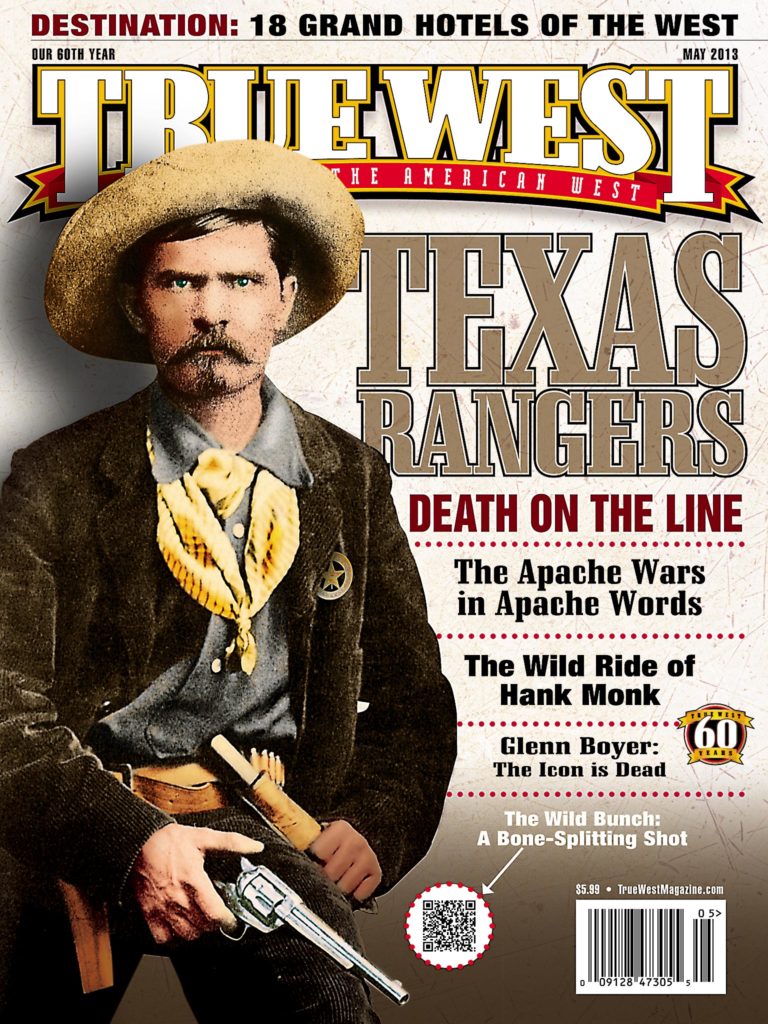 The man who wrote the classic John Wayne Western Chisum has a new novel out featuring his Johnny Yuma character from the 1959 TV show he created, The Rebel.
The man who wrote the classic John Wayne Western Chisum has a new novel out featuring his Johnny Yuma character from the 1959 TV show he created, The Rebel.
His follow-up to The Rebel: Johnny Yuma is Destiny Made Them Brothers (Pinnacle), telling the fictional story of Gen. Ulysses S. Grant, George Armstrong Custer and Johnny Yuma who meet on a Civil War battlefield. Fenady says, “Each of the following five books in some way made a contribution to Destiny Made Them Brothers—and I am grateful.”
1.The man who wrote the classic John Wayne Western Chisum has a new novel out featuring his Johnny Yuma character from the 1959 TV show he created, The Rebel. His follow-up to The Rebel: Johnny Yuma is Destiny Made Them Brothers (Pinnacle), telling the fictional story of Gen. Ulysses S. Grant, George Armstrong Custer and Johnny Yuma who meet on a Civil War battlefield. Fenady says, “Each of the following five books in some way made a contribution to Destiny Made Them Brothers—and I am grateful.”
2.The Hallelujah Trail (Bill Gulick; Doubleday): I first read The Hallelujah Trail when it was published in 1963. Gulick’s novel was somewhat overshadowed by the less-than-faithful and somewhat labored 1965 movie version that starred Burt Lancaster and Lee Remick. On its own, it’s a hugely entertaining Western about men, Indians, whiskey and the women who didn’t approve. I’d been a fan of Gulick’s since I first read his 1958 Spur-winning
short story, “Thief in Camp,” published in
The Saturday Evening Post, and had the pleasure meeting him at a Western Writers of America convention.
3.The Searchers (Alan LeMay; Pinnacle): Amos Edwards (his name was changed to Ethan in the 1956 John Ford movie) is an embittered Civil War vet who spends nearly six years searching for his young niece who has been kidnapped by Comanche. LeMay’s novel was, in many ways, ahead of its time with its themes of racism, guilt, love and rage.
4.The Civil War Memoirs of Ulysses S. Grant (edited by Brian M. Thomsen; Forge): Grant’s 1885 autobiography, published by Mark Twain, is certainly one of the most honest and authentic descriptions of the Civil War ever published. One of Ford’s unfulfilled ambitions was to do a movie based on the life of U.S. Grant, and it’s a pity that he never got a chance to do it.
5.Blazing Guns on the Chisholm Trail (Borden Chase; Kessinger): I still remember reading this Borden Chase novella published by The Saturday Evening Post some time after WWII—you may know it from the Howard Hawks/John Wayne 1948 movie classic Red River. Later, I crossed paths with Chase when he wrote a script for the Chuck Connors TV Western, Branded, that I was producing. Interesting man—he was born Frank Fowler in 1900 and in the 1920s was a driver for New York City mafia chief Frankie Yale, who was gunned down by Al Capone’s mob in 1928. Had Chase been driving Mr. Yale that day, it’s likely he would have been killed as well. Looking for safer work, he ended up in Hollywood and for 30 years wrote some great movies (Winchester ’73) and TV shows.

{jathumbnail off images=”images/stories/May-2013/may-13_books/BYWL-Andrew-Fenadys_picks.jpg”}





